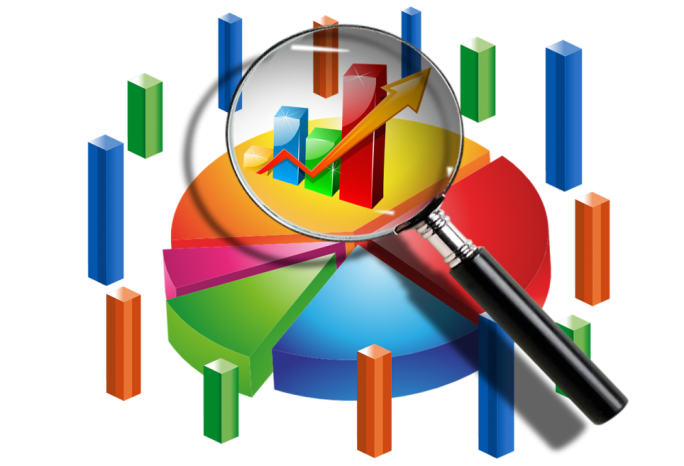Highlight 29/2022 – The role of official statistics to promote democracy in the era of big data
Annalisa Baruffi, 11 May 2022

In 1992 the United Nations Economic Commission for Europe (UNECE) adopted the Fundamental Principles of Official Statistics. The principles, adopted by the UN General Assembly in 2014, are still today the guidelines to produce reliable and valuable data and promote trust in official statistics. Official statistics have a fundamental role in giving guidance to governments and to decision-making bodies. However, in the era of big data, we assist to a proliferation of data and information collected by different administrative authorities and private companies. The public debate has been flooded with data from different sources, contributing to undermining citizens’ trust in official statistics. Therefore, the misuse of data can negatively influence decision-making processes and impact the well-functioning of democracy. Can we consider the value of big data in the same way that we consider official statistics?
Big data can be a source of important information, but they can also be easily manipulated. The Cambridge Analytica scandal is one of the most striking demonstrations of how data, collected by private companies, can be used to benefit certain groups of power by endangering democratic institutions. What distinguishes these data from those collected in official statistics is that they are captured first, and only later subjected to analysis. Big data collection usually does not envisage a fixed scale of analysis, settled categories or a specific research design. For commercially collected data, there is no research institute equivalent to national statistical offices or a regional or international organization subject to rules, principles, and guiding values. Hence, big data does not mean more statistics. If data are not analysed, they remain row information that can be used to influence public opinion.
The dissemination of large amounts of data has been intertwined with the spread of populism and nationalism, fuelling polarization. While big data are used to nurture the public debate, their collection is not anchored to the public interest. It is difficult for citizens to recognize the differences in quality, generating confusion in understanding social and economic phenomena. The case of migration in Europe illustrates this challenge. Research shows that citizens have the perception the number of immigrants in Europe has increased over time. However, this impression is not supported by official data, which reflect an overestimation of migrant population. As a result, the overproduction of data made citizens assume that data were manipulated, putting the perceived authority of official statistics at risk. Inasmuch as official statistics are a public good and a fundamental pillar of our democracy, we cannot allow their credibility to be questioned. To strengthen their role, official statistics must be modernised considering big data as a new tool to produce trustworthy analysis. Big data can potentially be accurate, detailed, and timely, thus complementing data collected through traditional means. Some pilot projects to use big data in official statistics are already under study. The opportunities offered by big data are countless when used to promote the public interest. Yet, to move in this direction, new technologies, competences, and legal instruments are required. International organizations, such as the United Nations Statistical Division and its regional offices, can play a crucial role in fostering guidance, capacity-building tools, and the exchange of best practices among countries. If the statistical offices do not rise to this challenge, there is a risk of permanently losing the opportunity to assert their role in underpinning democracy.
Annalisa Baruffi, Highlight 29/2022 – The role of official statistics to promote democracy in the era of big data, 11 May 2022, available at www.meig.ch
The views expressed in the MEIG Highlights are personal to the author and neither reflect the positions of the MEIG Programme nor those of the University of Geneva.
